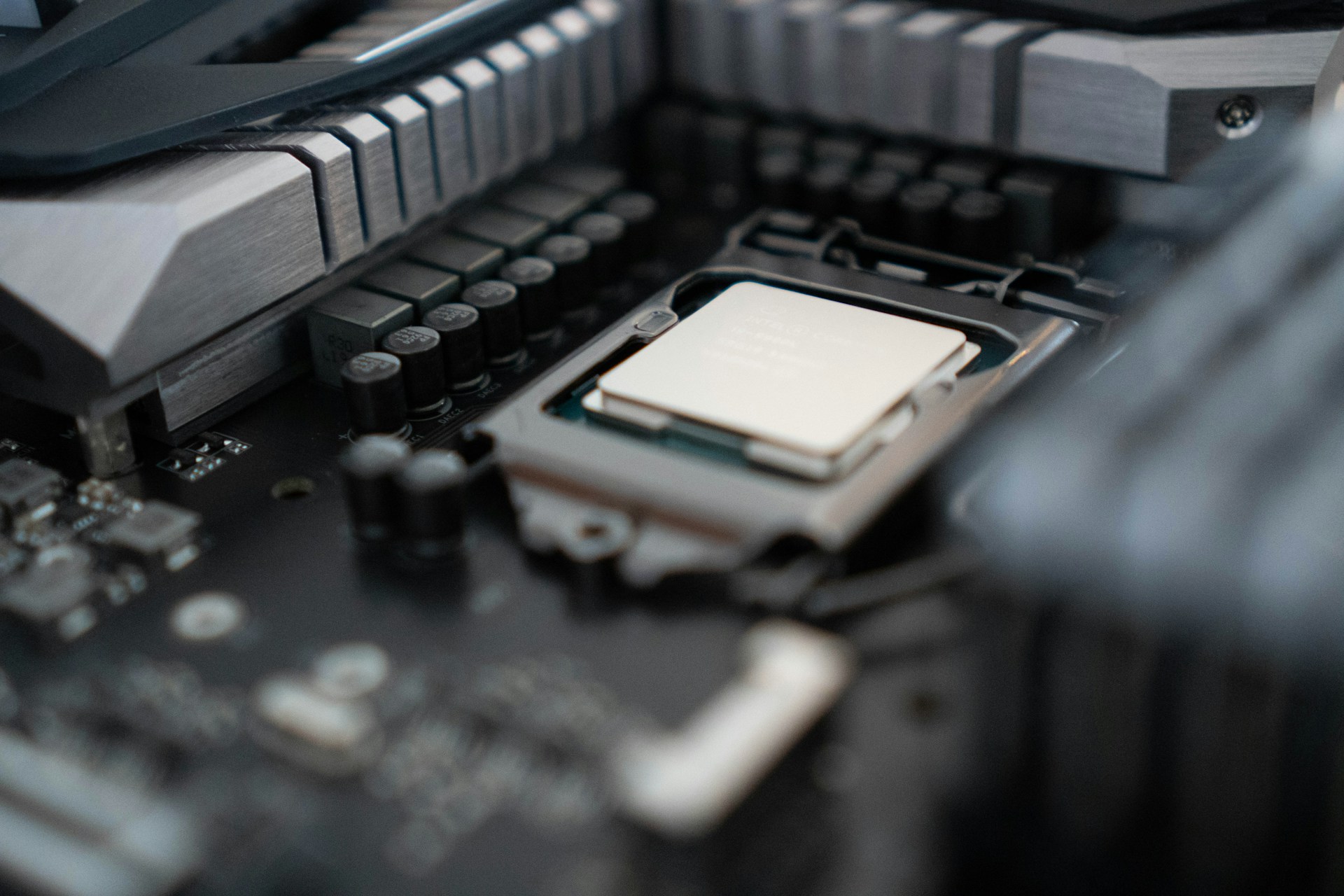Understanding the Issue
Intel has recently come under fire due to the frequent crashes reported in their 13th and 14th Generation Core desktop CPUs. After months of investigation, the company announced that the culprit is not a hardware defect but a software bug. This bug causes the CPUs to operate at higher voltage levels than intended, leading to system instability.
The Investigation
The issue was highlighted by various users and game developers, who reported abnormally high crash rates on both consumer computers and game servers. Intel’s analysis of returned processors confirmed that a faulty microcode algorithm was resulting in incorrect voltage requests, which in turn caused the elevated operating voltage and subsequent crashes.
The Solution
Intel is addressing the issue by preparing a software patch. The company plans to release this fix to its partners by mid-August, following thorough testing and validation. This solution avoids the need for a product recall, as the problem is not hardware-related.
Developer Concerns
Despite Intel’s forthcoming patch, some developers remain skeptical. Alderon Games, a game studio that reported significant issues with the CPUs, accused Intel of selling “defective” chips. They also noted similar problems with laptops using Intel’s 13th and 14th Gen mobile chips.
Intel’s Response
Intel has pushed back against claims that the mobile chips are affected by the same bug. The company clarified that the issues observed in laptops could stem from a wide range of software and hardware problems, not necessarily related to the CPU bug identified in desktop models.
Moving Forward
Intel advises affected consumers to contact customer support for assistance until the patch is available. As the mid-August target date for the patch release approaches, users hope for a resolution that will restore the reliability of their systems.

Leave a Reply